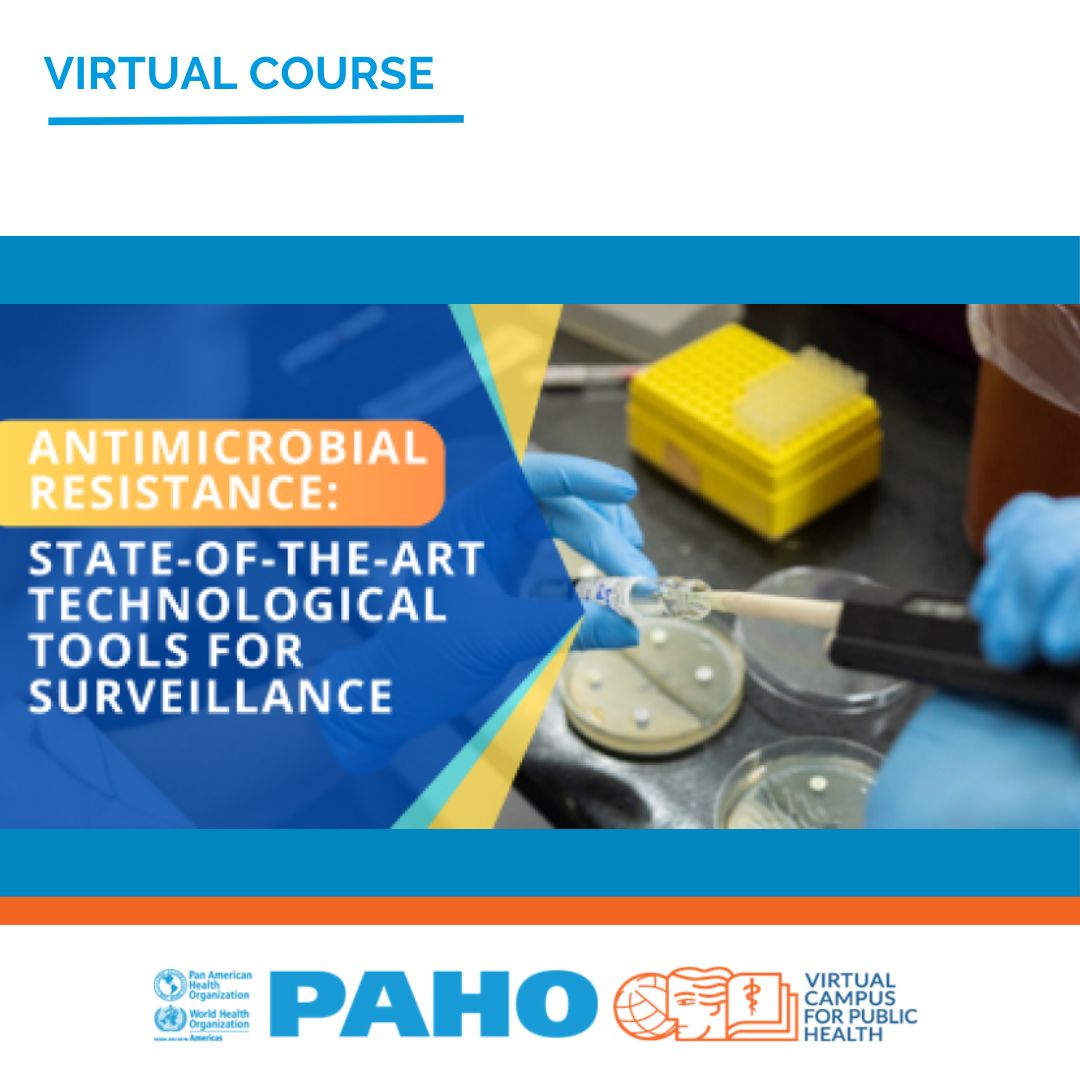
Background
In recent decades, antimicrobial resistance (AMR) has become a growing problem affecting both public and animal health. In this framework, rapid detection and identification of bacterial pathogens, determination of the susceptibility profiles and characterization of AMR mechanisms are critical for timely intervention that can maximize the use of appropriate antibiotics in patient treatment, decrease the likelihood of microorganisms developing resistance and reduce costs associated with prolonged hospital stays. To this end, molecular methods such as polymerase chain reaction and DNA sequencing are playing an increasingly important role in microbiology laboratories to help understand the spread of resistance mechanisms and to develop strategies for AMR containment under the One Health umbrella.
As an introduction to the methods used in bacteriology laboratories to determine antibiotic susceptibility profiles and genetically characterize AMR mechanisms, this e-learning course consists of 10 modules aimed at agricultural, environmental and public health professionals, in particular laboratory experts, describing phenotypic and genetic methods (including whole-genome sequencing) focused on rapid characterization of AMR mechanisms and their expression.
Course Purpose
To introduce the phenotypic and molecular methods of major impact in bacteriology laboratories for the characterization of AMR mechanisms.
Objectives
At the end of the course, participants will be able to:
- Describe reference phenotypic methods for determining antibiotic susceptibility profiles;
- Describe endpoint and real-time polymerase chain reaction;
- Describe whole-genome sequencing and the most commonly used bioinformatics tools.
Scope and participants’ profile
- Participants’ profile: professionals with responsibilities or interest in the diagnosis, surveillance or management of multidrug-resistant bacterial pathogens, including veterinarians, microbiologists and biochemists and other health professionals.
- Thematic scope: tools for AMR characterization.
- Geographic scope: Latin America and the Caribbean.
Course modality
Self-study course, free of charge, open to the public. Consists of pre-recorded presentations and self-assessment exercises.
Course duration
Four (4) hours. The course is open access, since it is a self-study course, participants can decide the time and moments they dedicate to the course.
Course structure
The course consists of 10 modules:
- Introduction
- Antimicrobials: what are they and how do they work?
- Mechanisms of action of antimicrobial agents
- Antimicrobial susceptibility testing: disk diffusion method
- Antimicrobial susceptibility testing: broth dilution method
- Molecular biology techniques for identification and characterization of AMR genes
- Whole-genome sequencing: the experimental process
- Bioinformatics fundamentals for massive sequencing data analysis, identification and characterization of AMR genes
- Tools for RAM gene identification and bacterial typing using command lines
- Impact of information generated using state-of-the-art technological tools for AMR surveillance

